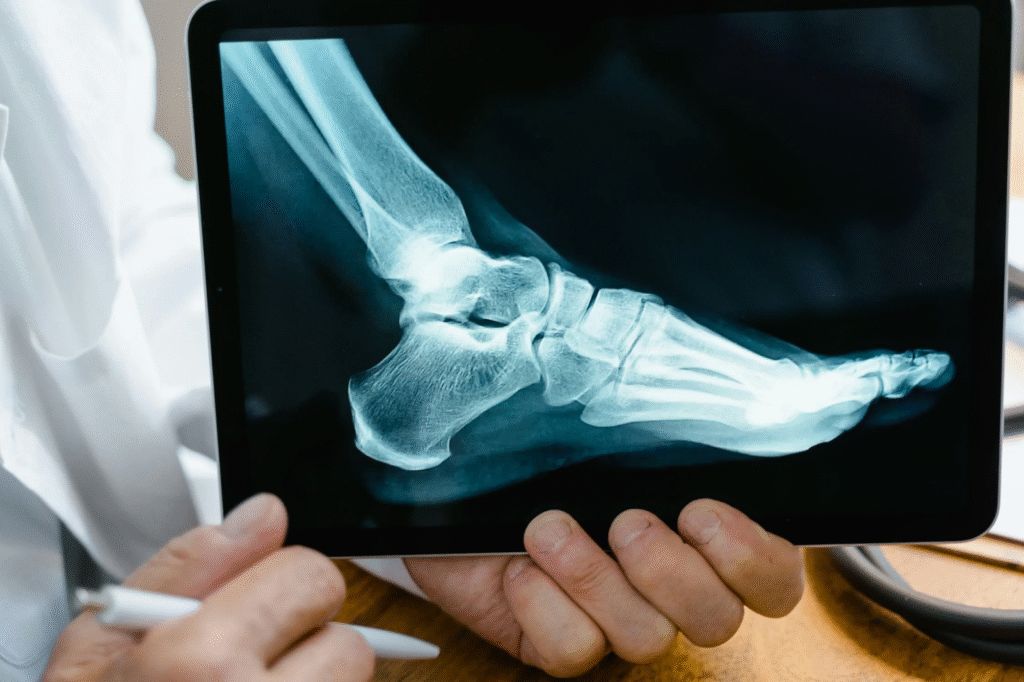When an injury occurs due to an accident, the moments that follow are critical. Whether it’s a minor incident or something more severe, how you respond can significantly impact your recovery and any potential claims. Understanding the importance of prompt action is crucial for your health and legal considerations if you’re pursuing compensation. This article explores the critical steps to take after an injury and why swift action is essential for both your well-being and any future legal proceedings.
Immediate Medical Attention
One of the most crucial steps after an injury is to seek immediate medical attention, regardless of how severe you believe the injury is. Many people assume that they’re fine if they can walk or talk, but some injuries may not present symptoms right away. A medical professional can identify hidden injuries, provide necessary treatment, and ensure that your health is prioritized. They can carry out relevant tests to rule out serious conditions that could have life-altering implications.
Obtaining medical records is a key move for any potential legal case. These documents serve as crucial evidence when seeking compensation for damages. Without a medical report outlining your injuries and the recommended treatment, your case could become much weaker. Insurance companies often look for any excuse to minimize their payouts, so having documented proof of your injuries is vital.
Documenting the Incident
Another essential step involves documenting the incident as thoroughly as possible. This means taking photographs, jotting down statements from witnesses, and gathering any other pertinent information that outlines what happened. The more detailed your documentation, the more compelling your case will be if you decide to pursue compensation later.
Consider the location where the injury occurred. Capturing images of the area and noting any dangerous conditions can bolster your credibility and substantiate your claims. It is always wise to report the incident to local authorities, as official records are typically viewed as more reliable by insurance providers.
Engaging Legal Representation
While documenting the incident and seeking medical attention, another critical action is finding legal representation. An experienced attorney in personal injury law can make a significant difference in the outcome of your case. They understand the legal landscape and can guide you through complex issues, including filing claims and negotiating settlements.
It’s been shown that victims represented by a lawyer often receive higher compensation than those who handle cases on their own. It can be incredibly advantageous to hire a car accident attorney who knows how to maximize your potential settlement based on your specific circumstances. The sooner you consult a legal professional, the better prepared you’ll be to make informed decisions.
Understanding Your Rights
Following an injury, many people feel overwhelmed and may not fully understand their rights. Knowledge of your legal rights is essential for navigating the aftermath of an injury successfully. Depending on the nature of the injury and the circumstances surrounding it, you may have the right to seek compensation for medical expenses, lost wages, and even pain and suffering.
It’s crucial to remember that each case is unique, meaning that rights can vary significantly from one situation to another. For this reason, gaining a clear understanding through consultation with your attorney is vital. They can provide you with tailored advice based on the specifics of your case and how to proceed.
Communicating with Insurance Companies
Your interactions with insurance companies following an accident are critical and can be nuanced. These companies often employ various strategies to minimize payouts, which requires a level of vigilance on your part. Make sure to provide them with the necessary information, but refrain from admitting fault or making statements that could be misconstrued.
It is often a prudent choice to have your attorney handle all communications with insurance representatives. This ensures that everything is managed professionally, reducing the chances of miscommunication or errors. Be prepared to present documentation of your injuries and losses, as the insurance company will likely request evidence to support your claims.
Keeping Track of Recovery
Post-injury recovery is a multifaceted process. Not only does it encompass physical healing, but emotional and psychological factors play a considerable role. Keeping records of your recovery journey is essential, as this documentation can serve as evidence in any potential legal matters.
Utilizing a journal to track your daily progress can provide meaningful insight. Note any challenges faced, adjustments required for daily activities, and changes in mood or functionality. This record can be helpful when discussing your case with your legal counsel.
Seeking Support
The aftermath of an injury can be mentally and emotionally draining. Seeking support from family, friends, or support groups can significantly alleviate the psychological burden. Sharing your experiences with others can offer relief and help you process your feelings.
Support systems go beyond emotional backing; they can assist in daily tasks you may struggle to accomplish during recovery. Whether it’s running errands or providing a listening ear, a robust support network is invaluable. Professional counseling services may be beneficial. Therapists who specialize in trauma can equip you with coping strategies, empowering you to deal with the consequences of your injury effectively.
Taking these steps after an injury is vital for your recovery and for any legal recourse you might consider. By prioritizing your health, seeking legal advice, understanding your rights, and documenting your experiences, you’ll be better off in the long run.







